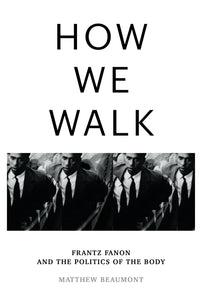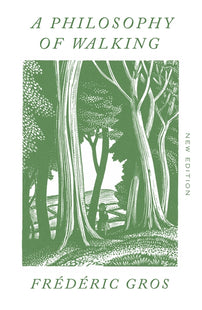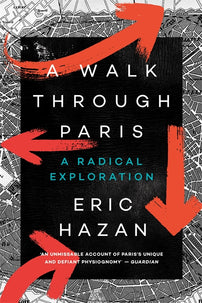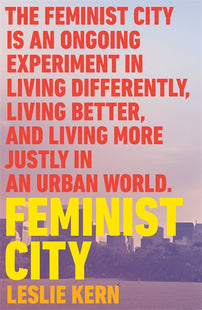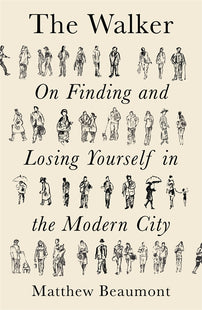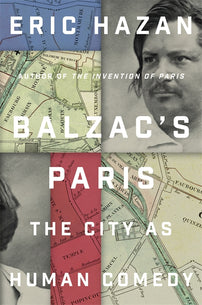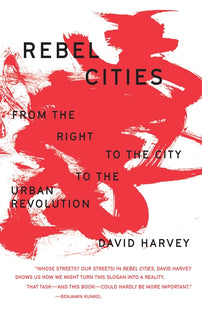Silly Little Walk Season | Summer Reading
Books on the politics of walking.

What if we took our silly little walks a little more seriously? As Eric Hazan wrote: ‘To saunter is a science, it is the gastronomy of the eye. To take a walk is to vegetate; to saunter is to live.’
And summer is the time for sauntering!
As a friendly reminder: Verso Book Club members enjoy 50% off all titles year-round on purchases of any size. It's a great deal and the best way to support radical publishing!
The Politics of Walking
[book-strip index="1" style="buy"]
